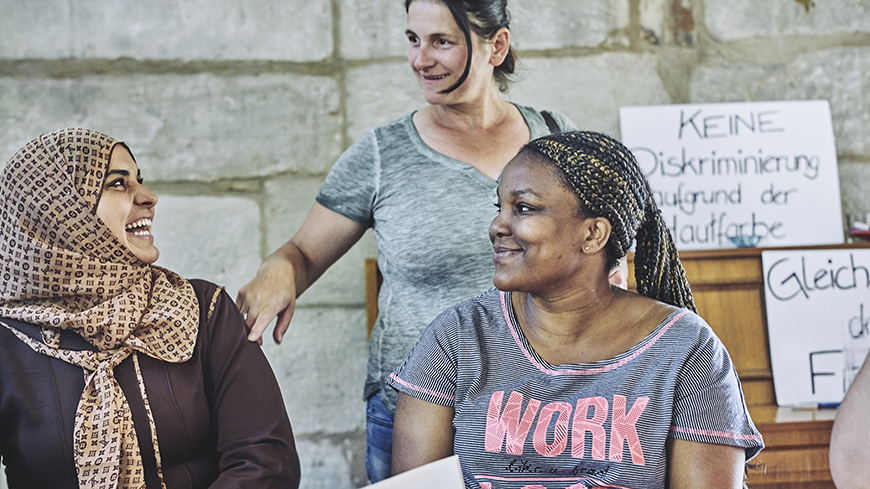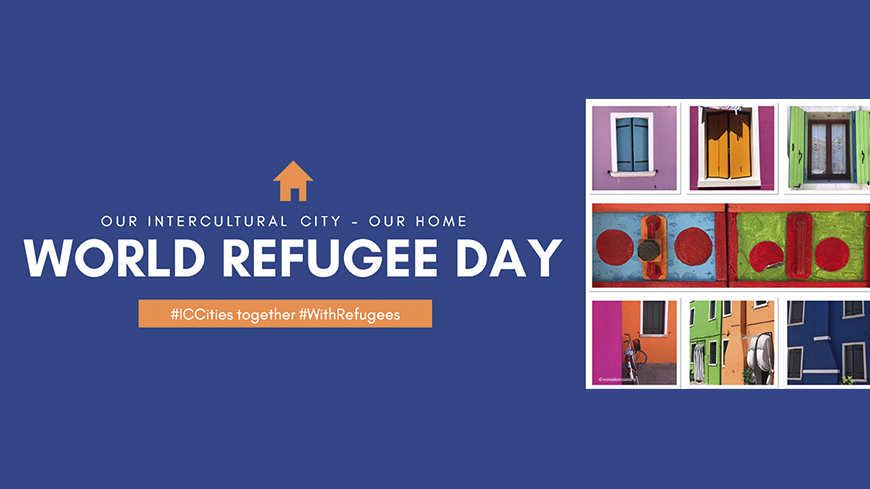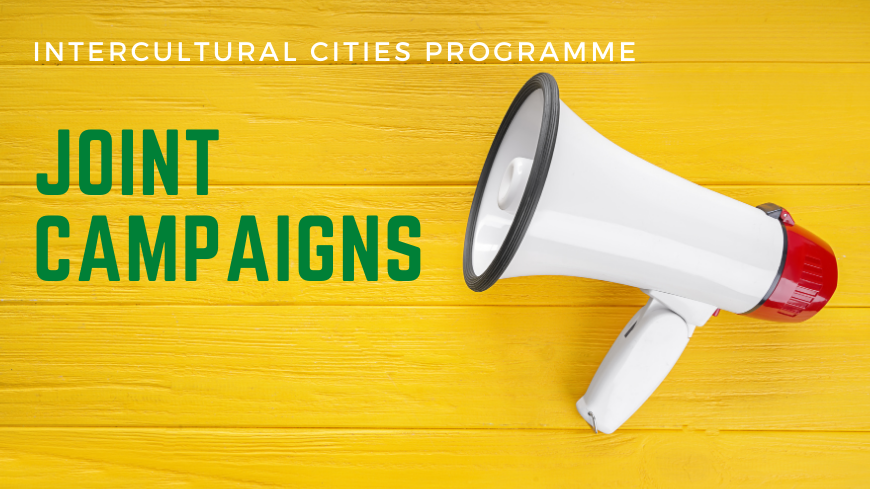Bergen has implemented various welcoming policy instruments. For instance, the city has set up a designated agency to welcome newcomers. The Introduction Centre for Refugees welcomes around 400 new refugees a year. In 2016, the city council has decided that Bergen will receive 820 new refugees (including family reunification). They will go through a 2 year introduction program aimed at qualifying them for a job or participation in the ordinary education system. The program had around 510 participants in December 2013. The participants are paid around 14 200 NOK a month to participate in this course. The municipal Norwegian language school for newly arrived immigrants had around 3700 adult students in 2015. The city of Bergen owns the organisation Business Region Bergen together with 22 other municipalities in the region and the county council. This organisation works to strengthen and develop trade and industry in the Bergen region, especially within the region's most important industries: Oil, gas, marine activities, maritime industry and tourism. Their goal is to contribute to sustainable and knowledge based growth, diversity and high level of employment in the region. They offer assistance to people who want to establish business in Bergen.
The City Council is working for the establishment of a service centre for work migrants in cooperation with regional state agencies (SUA). Regional politicians, trade unions, business organisations and the relevant regional state agencies are all united in the demand that a centre should be opened in Bergen. The city has promised funding towards such a centre in Bergen. There is also an appropriate office space available for the office in the regional tax office. The City hopes the new national government in Norway will open a centre in Bergen as soon as possible.
Bergen has published a comprehensive package of information to aid newly arrived foreign residents. The city’s services and agencies provide support tailored specifically for students, family members, refugees and migrant workers. For instance, the INN Bergenis aservice centre for the Bergen region run by Bergen Chamber of Commerce and Industry18 provides various services to the businesses in the region that are recruiting foreign employees.
The goal is to ease the companies' efforts at recruiting foreign employees, and getting foreign residents to feel at home in Bergen. There is a great need to recruit qualified employees to the region, according to a survey done by Bergen Chamber of Commerce and Industry with financial support from the Municipality of Bergen. Regarding international students, the University of Bergen, the Bergen University College and other higher education institutions in the city have their own programs welcoming foreign students. The city cooperates with these institutions.






